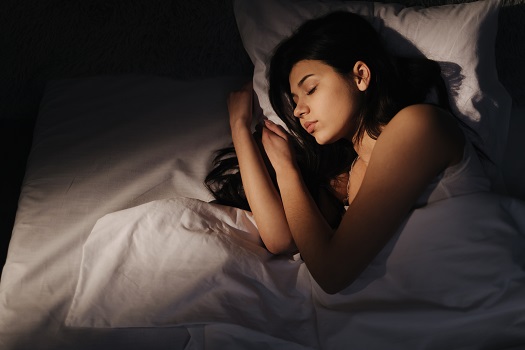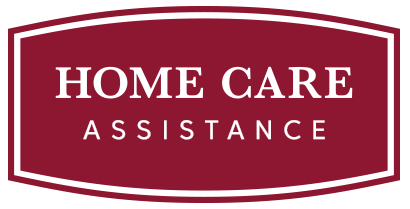Helpful Sleeping Strategies for Family Caregivers

For a family caregiver, a good night’s sleep may seem like an impossible dream. However, it’s important to maintain a healthy sleep schedule because it can help you stay alert and energized during a long day of caregiving. Here are a few effective strategies for getting better sleep.
Avoid Stimulants after Dinner
Caregivers don’t usually follow a nine-to-five schedule. You may have to provide care until your senior loved one falls asleep at night. To get through these long days, you may turn to caffeine or energy boosters. While this is fine in the mornings, you should avoid caffeine for at least four hours before going to bed.
If you’re the primary family caregiver for an elderly loved one and need additional assistance providing high-quality elderly care, Dallas Home Care Assistance can help. We are a leading home care agency committed to changing the way seniors age.
Resist Afternoon Naps
For a sleep-deprived caregiver, an afternoon nap may seem tempting. However, it’s best to take naps in the morning instead because afternoon naps decrease sleep drive, tricking the body into thinking it’s more rested than it really is. Try to hold out until bedtime. If you do take naps, they should be limited to 15 to 20 minutes, which provides an extra burst of energy without ruining your nightly sleep.
Modify Light Exposure
Melatonin is a sleep-inducing hormone produced by the body. When it’s light out, melatonin production is low, and when it’s dark, melatonin production goes into overdrive. If you spend too much time indoors without access to natural light, your body’s melatonin production cycle may be impaired, which could affect your circadian rhythm.
To counteract these effects, try to get some sunlight every morning and take every opportunity to spend a few minutes outdoors. Grab a few minutes between doctor’s appointments to sit on a park bench or exercise outside. These minor changes can rectify circadian rhythm issues, helping you achieve more restful sleep.
Consider hiring a professional caregiver if you need regular breaks from your duties to catch up on sleep. Although it may be challenging to find reliable, highly rated homecare services, Dallas, TX, families can turn to Home Care Assistance. Our respite and live-in caregivers are expertly trained to assist seniors with a wide array of important tasks, including cooking, bathing, light housekeeping, and exercise.
Exercise
Exercise burns calories and boosts physical health, and it also has notable sleep benefits. Engaging in physical activity increases the length of deep sleep cycles. Because exercise boosts energy levels, you shouldn’t exercise too close to bedtime. Morning activity is best, as it has a stimulating effect and may leave you feeling sleepy by bedtime.
Modify the Dinner Menu
What you eat can affect how you sleep, which is especially true of dinner. Try eating light dinners, as heavy foods can be difficult to digest. You should also avoid eating dinner close to bedtime and limit your late-night snacking habits.
Save the Bedroom for Sleep
If you’re using your bedroom for work, hobbies, and entertainment, it may hinder sleep. The bedroom should be dark, cool, and quiet. To block light, use curtains, shades, or an eye mask. You should also set the bedroom to a comfortable sleeping temperature between 60 and 70 degrees Fahrenheit.
A professional caregiver can give you a much-needed break from your caregiving duties to relax, unwind, and recharge. Whether you need respite from your caregiving duties or your aging loved one needs live-in care, Dallas, TX, Home Care Assistance can meet your family’s care needs. Our dedicated caregivers are available around the clock to provide transportation to doctor’s appointments, ensure seniors take their prescribed medications, and help with a variety of tasks in and outside the home. To learn about our premier in-home care plans and how they can help your loved one, give us a call at (214) 363-3400 today.

